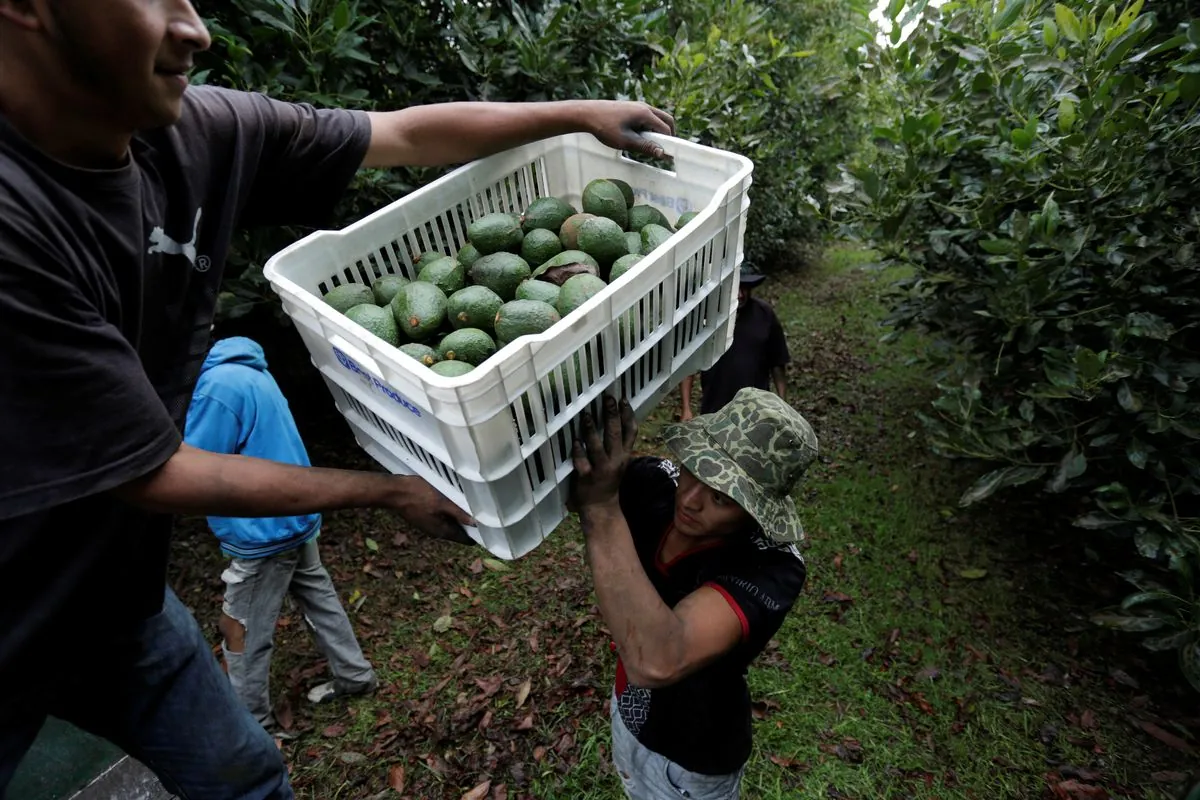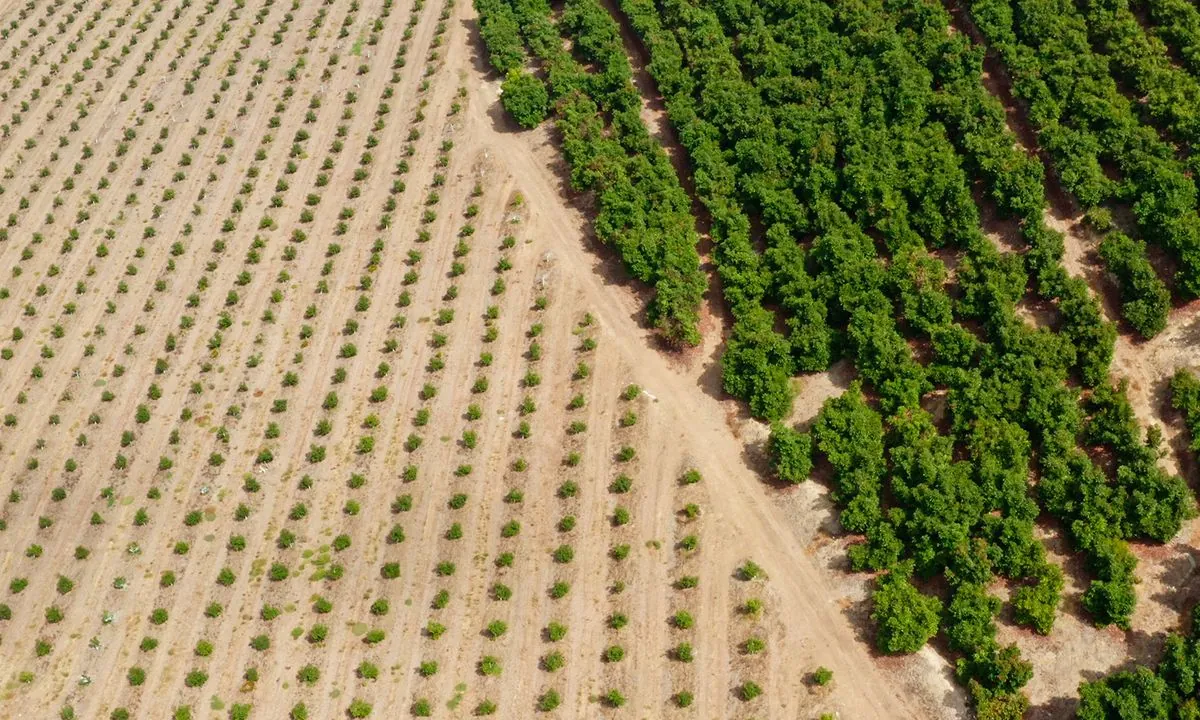U.S. Shifts Mexican Avocado Inspections, Sparking California Growers' Concerns
U.S. decision to transfer avocado pest inspections to Mexican authorities raises alarm among California growers. Concerns stem from past threats to inspectors and potential risks to U.S. crops.

The U.S. Department of Agriculture's recent decision to transfer pest inspections of Mexican avocado orchards to Mexican authorities has ignited controversy among California avocado growers. This shift, announced in September 2024, marks a significant change in a process that has been in place for nearly three decades.
Since 1997, U.S. inspectors have been responsible for ensuring that avocado imports from Mexico are free from pests and diseases. This practice, which began 27 years ago, has been crucial in protecting the U.S. avocado industry from potential invasive species. The avocado, believed to have originated in south-central Mexico around 5,000 years ago, has become a significant agricultural commodity, with Mexico supplying approximately 80% of U.S. imports.
The California Avocado Commission has expressed deep concerns about this change in an open letter to U.S. Secretary of Agriculture Tom Vilsack. They argue that the long-established inspection process was designed to prevent the introduction of known pests from Mexico that could potentially devastate the U.S. avocado industry. California, which produces about 90% of the avocados grown in the United States, has a vested interest in maintaining strict biosecurity measures.

One of the primary concerns raised by U.S. growers is the ability of Mexican inspectors to withstand pressure and threats. In recent years, U.S. inspectors have faced violence and intimidation in Mexico, particularly in the state of Michoacan, known as the "avocado capital of the world." These incidents have led to temporary suspensions of inspections in the past.
In February 2022, inspections were halted after a U.S. inspector received threats against himself and his family. The incident occurred when the inspector questioned the integrity of a shipment, refusing to certify it due to concrete issues. This highlights the challenges faced by inspectors in maintaining the integrity of the certification process.
More recently, in June 2023, two USDA employees were assaulted and temporarily held by assailants in Michoacan. This incident led to another suspension of inspections in Mexico's largest avocado-producing state. These events underscore the risks associated with the inspection process and raise questions about the safety and effectiveness of transferring these responsibilities to Mexican authorities.
"With this agreement, the U.S. health safety agency is recognizing the commitment of Mexican growers, who in more than 27 years have not had any sanitary problems in exports."
This claim by Mexico's Agriculture Department contradicts the documented incidents of threats and violence against inspectors. It also overlooks the attempts by some packers to pass off avocados from non-certified states as being from Michoacan, the primary state certified for export to the U.S. along with Jalisco.
The avocado industry in Mexico, worth over $2.5 billion annually, employs more than 300,000 people. This economic significance may contribute to the pressure on inspectors to certify shipments, even when there are concerns about their origin or quality.
As this situation unfolds, it's worth noting some interesting facts about avocados. These fruits, botanically classified as berries, are rich in monounsaturated fats and contain more potassium per weight than bananas. The Hass avocado, the most common variety, was first grown by Rudolph Hass in California in the 1920s, demonstrating the long history of avocado cultivation in the United States.
The U.S. Department of Agriculture has yet to provide a detailed explanation for this decision or address concerns about how the new inspection process will ensure the same level of protection against pests and diseases. As the situation develops, both U.S. and Mexican avocado industries will be closely watching the impacts of this significant change in inspection protocols.


































